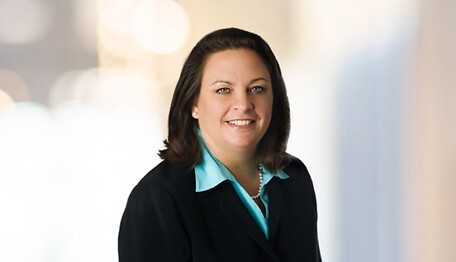Healthcare Providers Face Potential Civil Liability for Failing to Report Child Abuse
In a recent ruling, the Superior Court of Pennsylvania determined that patients may pursue medical malpractice actions against healthcare providers who fail to report suspicions of child abuse. Pennsylvania’s Child Protective Services Law (CPSL) requires healthcare providers to report suspicions that their patients may be victims of child abuse. Providers who intentionally fail to report such suspicions may be subject to criminal penalties, but the CPSL does not provide any civil recourse for otherwise failing to report suspected child abuse. While it has always been clear that healthcare providers have a duty to give reasonable care to their patients, the Superior Court found where a pediatric patient or the patient’s family can establish that a healthcare provider did not render reasonable care by failing to report suspicions of child abuse, the provider can be found liable in a civil medical malpractice action.
In K.H. v. Kumar, 2015 Pa. Super. 177, the minor-plaintiff was born prematurely, hospitalized repeatedly for associated issues during his first two months of life, and followed thereafter, on an outpatient basis, by a pediatrician, gastroenterologist and orthopedic specialist for problems including rib fractures. These providers, along with a radiologist, discussed their suspicions of possible child abuse and/or documented the suspicions of other providers, but no one reported the potential abuse. When the child was almost six months old, his father shook him so violently that he experienced an intracranial hemorrhage resulting in permanent brain damage.
When faced with a lawsuit alleging medical malpractice in the form of a failure to report potential child abuse, the defendant healthcare providers argued that the case could not go forward because a provider cannot be held civilly responsible for failing to report suspected child abuse given the absence of civil liability provisions in the CPSL. The Court of Common Pleas of Lancaster County, where the lawsuit was initially filed, agreed. However, upon appeal, the Superior Court disagreed, finding while the CPSL may not specifically allow for civil remedies against healthcare providers, it does not give them immunity or otherwise preclude finding them negligent in an “ordinary” medical malpractice action.
As a result of this Superior Court opinion, a medical malpractice case may proceed, against healthcare providers in Pennsylvania, where it is alleged a provider failed to report suspected child abuse. In order to win such a case, a patient must establish that 1) a provider-patient relationship existed, 2) the standard in the medical community required the provider to report the suspected abuse under the particular factual circumstances, 3) the provider failed to report suspected abuse, and 4) the failure to report caused injuries or increased the risk of harm to the patient. In the K.H. matter, the Superior Court determined the plaintiff-patient set forth sufficient support for his claims via several expert reports and directed that the case should proceed to trial.
The defendant-providers are seeking further appellate review of this case. Regardless, healthcare providers should certainly be alerted to this avenue of potential liability and be reminded of the need for vigilance with regard to the evaluation and reporting of potential child abuse. It is likely that plaintiffs will attempt to expand this concept of liability to include allegations of corporate negligence pertaining to failure to have adequate related policies and procedures, as well as associated training. As such, in an effort to limit potential liability, healthcare institutions should evaluate whether their related formal training programs and policies are adequate or need to be expanded.
For further information on this matter, please contact Debra Weinrich (215.864.6260; weinrichd@whiteandwilliams.com) or Laura Steven (215.864.6266; stevenl@whiteandwilliams.com).
PRACTICE AREAS
Practice Areas
KEY ATTORNEYS
-
Partner

